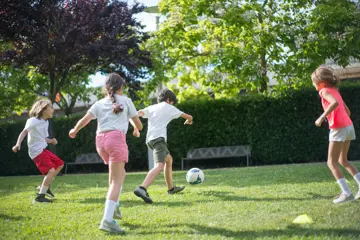An informal kinship carer is an immediate family member who will look after a child or young person they know, following an agreement between them and the parent(s) and without the involvement of the local authority.
An 'immediate family member' is defined in the 1989 Children Act as a ‘grandparent, brother, sister, uncle or aunt (whether full blood or half blood or by marriage or civil partnership) or step-parent'.





